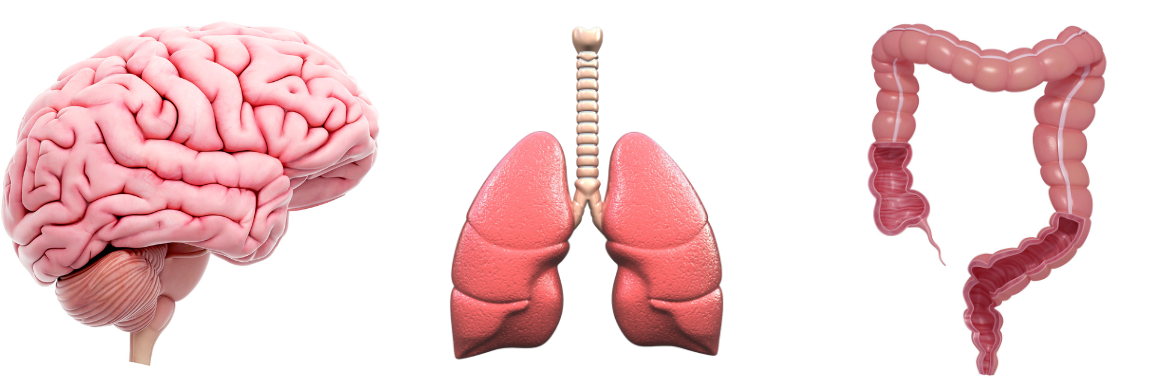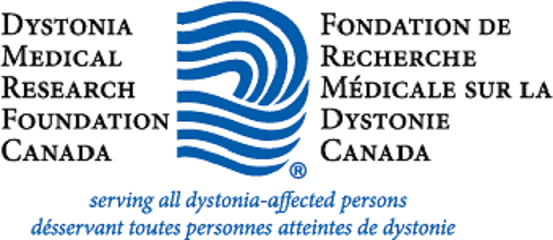
Dystonia can occur as a part of the following disorders and conditions:
- Cerebrovascular or ischemic injury (stroke)
- Arteriovenous malformation
- Perinatal cerebral injury
- Viral encephalitis
- Subacute sclerosing panencephalitis
- AIDS
- Creutzfeldt-Jakob disease
- Kernicterus
- Huntington’s disease
- Parkinson’s disease
- Spinocerebellar ataxias
- HARP syndrome (Hypobetalipoproteinemia, acanthocytosis, retinitis pigmentosa, pallidal degeneration)
- Familial frontotemporal dementias
- Familial basal ganglia calcifications
- Wilson’s disease
- Juvenile parkinsonism
- Neurodegeneration with brain iron accumulation type 1
- Ataxia-telangiectasia
- Triosephosphate isomerase deficiency
- Vitamin E deficiency
- Biopterin deficiency
- Sphingolipidoses
- Niemann-Pick disease type C and D
- Ceroid lipofuscinosis
- Homocystinuria
- Hartnup disease
- Methylmalonic aciduria
- Tyrosinaemia
- Lesch-Nyhan syndrome
- Rett’s syndrome
- Pelizaeus-Merzbacher disease
- Dystonia-deafness syndrome
- MERRF (myoclonus epilepsy associated with ragged-red fibers)
- MELAS (myopathy, mitochondrial-encephalopathy-lactic acidosis-stroke)
- Leber’s disease
- Leigh’s syndrome
- Neuroacanthocytosis
- Neuronal intranuclear inclusion disease
- Haemochromatosis
- Progressive supranuclear palsy
- Multiple system atrophy
- Corticobasal ganglionic degeneration
- Dentatorubropalidoluysian atrophy
- Glutaric academia
- Methylmalonic academia
- Homocystinuria
- Metachromatic leukodystrophy
- Neuronal ceroid lipofuscinosis
- Primary antiphospholipid antobidy syndrome
- Gangliosidoses
- Hallervorden-Spatz disease
- Multiple sclerosis
- Atlantoaxial sublaxation
- Syringomyelia
- Arnold-Chiari malformation
- Congenital Klippel-Feil syndrome
To locate information about these diseases, the following resources may be helpful:
